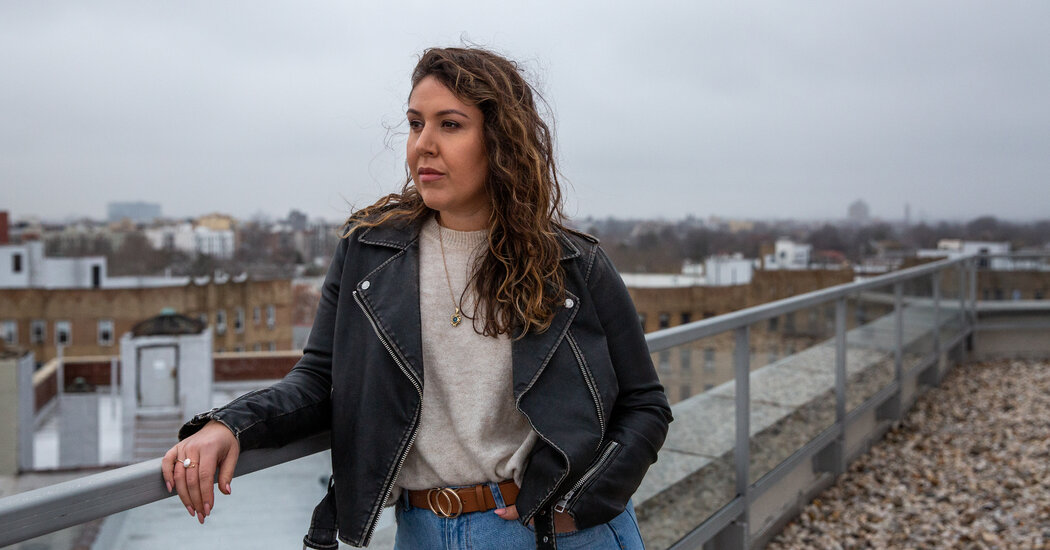Daniella Greenbaum Davis, a television producer and a former editor at Commentary, the neoconservative, pro-Israel magazine, said that she “grew up in a Holocaust home” — one of her grandmothers is a survivor — in which her family often averred that the “best revenge” against antisemitism was to “be Jewish, proud, and repopulate.” Ms. Davis, who is modern Orthodox, said that the events of Oct. 7 had strengthened her conviction to have another child soon. (She already has two.)
Young lives have taken on a terrible significance in the war between Israel and Hamas, where each side has stressed the brutality of the other by pointing to the number of children killed. According to the Israeli Prime Minister’s Office, 33 minors were killed on Oct. 7. In January, according to health officials in Gaza, more than 25,000 Palestinians, many of whom are women or children, had been killed since the Israeli campaign in the coastal enclave began.
So, too, do decisions in the Jewish diaspora to have more children take on political significance in a conflict that has much to do with demographics. Israel rejects the right of Palestinians to return to the land older generations fled or were driven from in 1948, the year of Israel’s founding. Long a sticking point in peace negotiations, this “right of return” of some seven million refugees would potentially turn Jews into a minority in Israel. At the same time, any Jew born abroad is a potential Israeli citizen, because of the country’s law of return. (Israel also encourages reproduction within its borders through such policies as unlimited in vitro fertilization procedures for up to two children until a woman is 45.)
“Every one of our babies that they kill, we’re going to make 1,000 more,” said Miri Roth Benjamin, 22, who works for a diamond wholesaler on 47th Street. Ms. Benjamin, who is modern Orthodox, said that she didn’t find out about the attacks until the next day, because she wasn’t using any electronics while she celebrated the Sukkot holiday. A friend heard about the killings from a security guard at their synagogue, and word trickled out. Ms. Benjamin said she and her husband would now move up their timeline for having children as a result.
For Palestinian Americans and Jewish Americans alike, the experience of watching war unfold from afar has been disorienting, prompting questions about the value American society puts on their communities. But some Palestinian American women don’t have the same fixation on reproduction.
“I don’t think we see a repopulation of Palestinians in America as necessarily a benefit to the Palestinians on the ground,” said Yara Asi, a Palestinian American who is a professor of global health management and informatics at the University of Central Florida and an expert on health issues among populations in conflict zones. “Our hearts and minds are with the many children who already exist in the territories and how we can reach them.”







